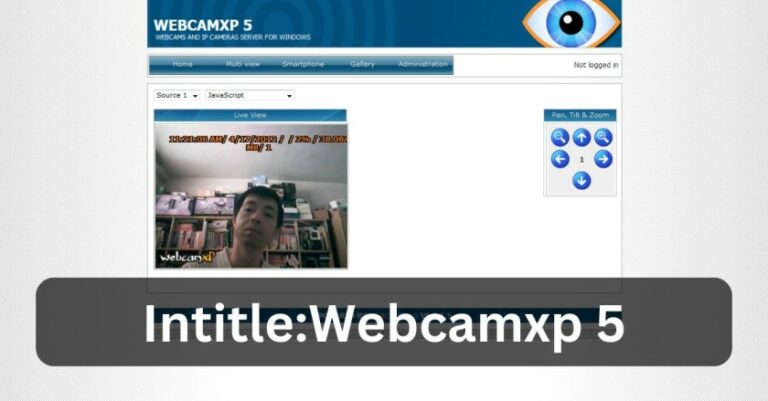ecamrips
Let’s start discussing ecamrips
Introduction
In the digital age, the ease of accessing and sharing content online has revolutionized the way we consume media. One such method that has gained popularity is through the use of Ecamrips. Ecamrips, short for “Electronic Camera Rips,” refer to the process of capturing and recording video content from various sources, such as streaming platforms, for personal use. This article will delve into the intricacies of Ecamrips, exploring its uses, legality, and impact on the digital landscape.
Ecamrips have become a prevalent practice among internet users seeking to save and watch their favorite videos offline. With the rise of streaming services like Netflix, Amazon Prime, and Hulu, users often encounter restrictions on downloading content for offline viewing. Ecamrips provide a workaround by allowing users to record and save videos directly from their screens. However, the legality of Ecamrips remains a contentious issue, raising questions about copyright infringement and intellectual property rights.
Understanding Ecamrips
Ecamrips involve the use of screen recording software or hardware to capture video content playing on a device’s screen. This process enables users to create digital copies of videos, movies, TV shows, and other media for personal use. Ecamrips can be performed on various devices, including computers, smartphones, and tablets, making it a versatile method for saving online content.
Legality of Ecamrips
The legality of Ecamrips is a complex issue that varies depending on the jurisdiction and the content being recorded. In general, recording copyrighted material without permission is considered a violation of intellectual property rights. Streaming platforms and content creators often have terms of service that prohibit the unauthorized reproduction of their content. Therefore, engaging in Ecamrips may expose users to legal risks, including copyright infringement claims and penalties.
Impact on Content Creators
Ecamrips pose a significant challenge to content creators and copyright holders, as they undermine the revenue potential of their work. By enabling users to access and share content without proper authorization, Ecamrips can lead to lost revenue from advertising, subscriptions, and licensing agreements. Content creators rely on the protection of their intellectual property to sustain their livelihoods, making Ecamrips a threat to their financial well-being.
Technological Advancements in Ecamrips
Advancements in technology have made Ecamrips more accessible and sophisticated than ever before. Screen recording software and hardware have evolved to offer high-quality video capture with minimal loss of resolution. Additionally, the integration of Ecamrips tools into web browsers and media players has streamlined the recording process, making it easier for users to save their favorite content.
Legal Alternatives to Ecamrips
While Ecamrips may seem like a convenient way to save online content, there are legal alternatives available for offline viewing. Many streaming platforms now offer the option to download videos for offline playback, provided that users have a valid subscription. Additionally, content creators may release their work on physical media, such as DVDs and Blu-rays, for fans to purchase and enjoy legally.
Protecting Intellectual Property Rights
To combat the proliferation of Ecamrips and protect intellectual property rights, content creators and streaming platforms have implemented digital rights management (DRM) technologies. DRM restricts the unauthorized reproduction and distribution of copyrighted material, safeguarding the interests of content creators and copyright holders. By respecting these protections, users can support the creators they admire while enjoying their content legally.
FAQs
1. Is Ecamrips legal?
Ecamrips are often considered a violation of copyright laws, as they involve the unauthorized reproduction of copyrighted material without permission from the content creator or copyright holder. Engaging in Ecamrips may expose users to legal risks, including copyright infringement claims and penalties.
2. Can E
related terms: ecamrips


